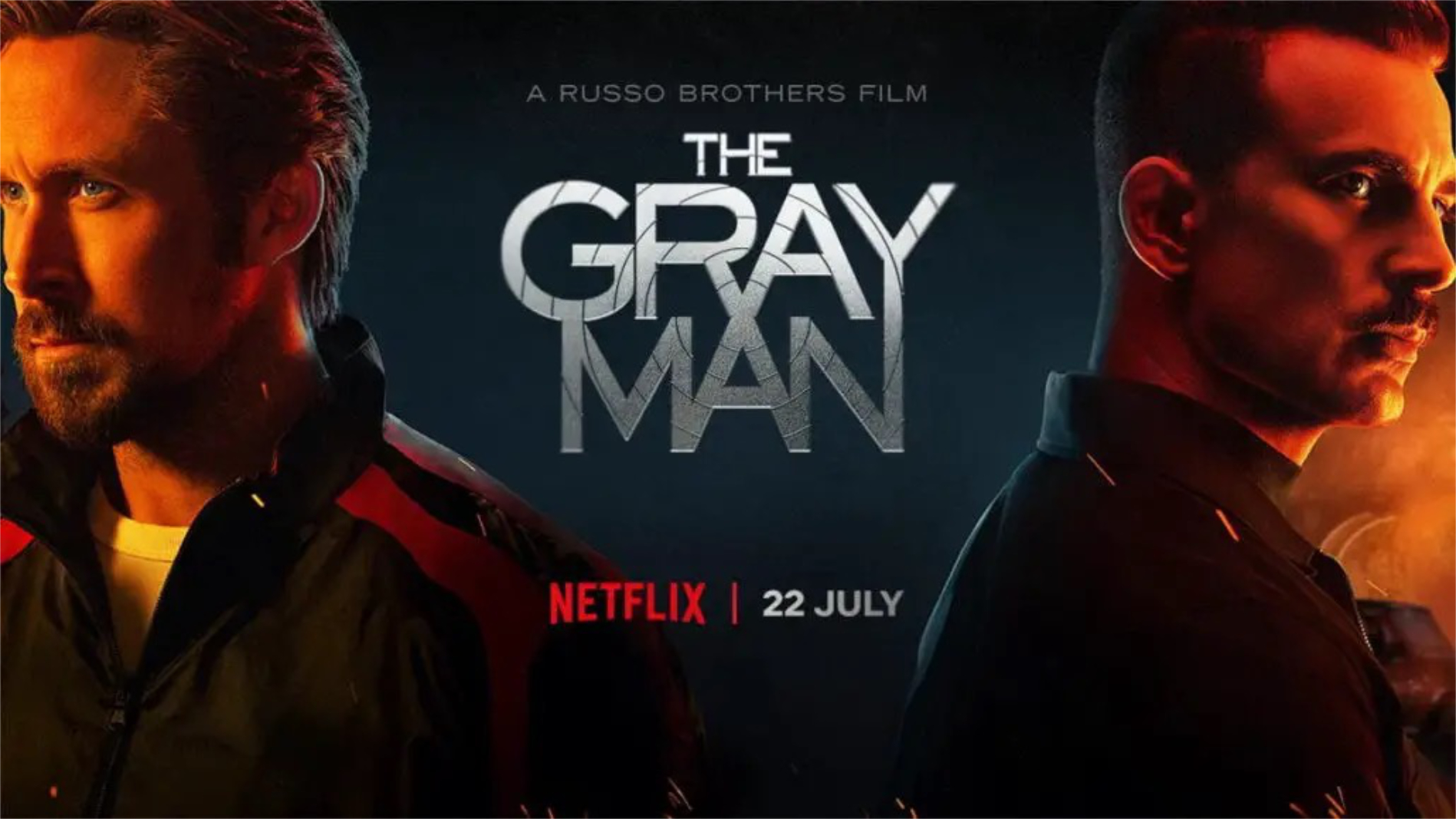Last night on the treadmill I watched The Gray Man on Netflix. Before I put it on, I was vaguely aware that it was a Russo Brothers joint and that it cost a ton of money to make. I also recalled reviews of it being ho hum in nature, so wasn’t expecting much. It did not disappoint in that regard.
It was exactly what I expected, a tepid, formulaic movie that reflects the current structure de jure. You know, the three act structure that ends with a bunch of explosions, a mano-y-mano fight, all parties are quips and cleverness, and at not one point was there any tension, just violence. The Marvel Way of movies, which for those of you who didn’t grow up consuming Marvel comics back in the day, there is a special irony in the fact that Marvel movies have now taken on the mantel their comics did; consistent and boring.
But that isn’t really the reason I am writing about this lack luster movie. It is more the thoughts it spurred as I tried to incline my way to a lower cholesterol count. There is too much shit to consume and it is too easy to get to, which has changed both how we engage with art and how we engage with pure entertainment. The internet opened the door to access everything and anything (in walled gardens though), and it turned out it is mostly bad.
Having come of age as the internet came of age, I think mid to late 1970s kids get this unique perspective on the power of the internet and what it did to the world. We got to live a life in transition from the old way to the new way as we grew up. We lived our childhoods at a time when entertainment and art required effort to get at, but grew up and helped create the world where it is not. This is probably the reason that when I talk with my peers so many talk of rapidly embracing social media only to reject it over time.
The real crux of my thoughts though is the idea of scarcity, or artificial scarcity and how it can be a good thing. I’m not about to jump on a soap box about how struggle is good or some other bullshit. I find that kinda crap to be more synonymous with old GenXers and Boomers and their delusion that ignoring their trauma makes them better people. No, I think access to the tools that let us connect and create is insanely important and should be easy, but the hunt for what you might like probably should have better stakes at play.
The move from physical media to digital media, books, movies, and music in particular, eliminated the stakes of selecting something to take home. Blockbuster sucked as a company, which is why we had to really want to see whatever it was we picked on Friday night. Radio stations, with the exception of pirate and college radio, never played more than the A side, so you had to really want to hear what album you bought. You needed to build your own systems to decide what book to bring home, though libraries made that a lot easier to navigate. All told though, the consumer had to risk time and money to engage with what a creator made, there was less of it to choose from, and so the highs were higher, and the lows lower.
So I guess what I am saying, I think there is so much crap out there not because anybody can make shit with their iPhone or iPad and throw it into the world. I think we just see the crap and swim through it with the malaise of meh because we can easily move on to the next thing, making those highs and lows, that tension that makes art worth engaging, in so much more difficult to capture.
It is probably why I have been building into my life rules to generate artificial scarcity, to move out of that malaise and be hit with wonder or disappointment that carries weight, not just another flick of the thumb to the next Marvel movie of {insert media here}. It might be nostalgia talking, it might be a real observation, but either way a little less exposure to the mediocre can’t be a bad thing.

